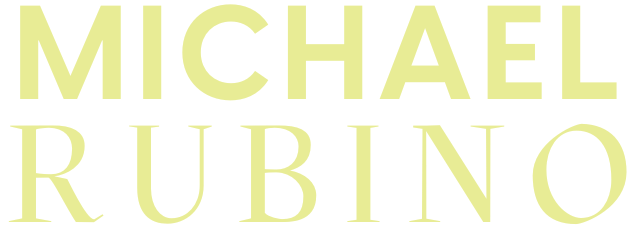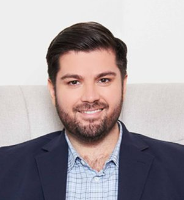Heart disease kills someone every 34 seconds in the U.S.—but why is it still our #1 killer? In this episode of Never Been Sicker, Michael Rubino speaks with world-renowned preventive cardiologist Dr. Joel Kahn about the hidden drivers of today’s health crisis.
From the food industry’s manipulation of our diets to toxins in our water, air, and homes, Dr. Kahn explains why we’re sicker than ever—and what we can do about it.
They cover:
- How food, water, and air quality drive heart disease
- The overlooked role of heavy metals and microplastics
- Why exercise (even small movements) extends life
- Detox strategies: sauna, plants, and lifestyle shifts
- The $100 test that could save your life (Coronary Artery Calcium CT Scan)
Short Timestamp Highlights
00:40 – Why heart disease is still #1 cause of death
03:30 – Prevention vs. treatment in modern medicine
07:00 – Food industry manipulation & “mouth bliss”
10:50 – Water toxins (lead, mercury, fluoride)
13:10 – 8,800 studies on air quality & heart health
19:20 – Exercise, incidental activity, and longevity
23:30 – Heavy metals & microplastics in our bodies
29:40 – Sauna therapy and detox benefits
32:00 – Wearables and the missing blood pressure monitor
37:20 – The $100 “Heart’s Colonoscopy” test you’ve never heard of
Key points covered:
- Heart disease crisis: Still the leading cause of death, affecting younger people too. Every 40 seconds someone has a heart attack in the U.S.
- Why prevention lags: Medicine focuses on treatment, not stopping disease early. Lifestyle changes are undervalued compared to drugs or procedures.
- Food & nutrition: The food industry exploits our cravings for sugar/fat (“mouth bliss”), leading to obesity and inflammation. Government subsidies favor cheap, unhealthy food. But inexpensive healthy options exist (beans, rice, gardens).
- Water quality: Tap water may contain lead, mercury, arsenic, cadmium, or fluoride. Reverse osmosis and home filters help protect health.
- Air quality: 8,800+ studies link poor air to heart disease, high blood pressure, dementia, obesity, and more. Indoor toxins (mold, VOCs, off-gassing) worsen risks. Air purifiers and awareness are key.
- Movement & fitness: Both exercise and “incidental physical activity” (walking, stairs, chores) reduce heart attack risk. Sedentary lifestyles are deadly.
- Toxins & heavy metals: Mercury (fish), lead (pipes/paint), cadmium (smoking/soil), and microplastics accumulate in the body, harming blood vessels and raising blood pressure. Solutions include reducing exposure, chelation for extreme cases, and possible detox aids like sauna, chlorella, and cilantro.
- Wearables: Tech like Apple Watch or Oura Ring can help, but the biggest missing tool is an FDA-approved blood pressure wearable. Continuous glucose monitors are useful for lifestyle feedback.
- Early detection: The coronary artery calcium CT scan (“heart’s colonoscopy”) is a $100 test that reveals hidden plaque buildup years before symptoms, but most people don’t know it exists.
- Final takeaway: Prevention, awareness, and lifestyle change are far more powerful than waiting for disease to strike.
About Dr. Joel Kahn:
At his core, Dr. Joel Kahn believes that plant-based nutrition is the most powerful source of preventative medicine on the planet. Having practiced traditional cardiology since 1983, it was only after his own commitment to a plant based vegan diet that he truly began to delve into the realm of non-traditional diagnostic tools, prevention tactics and nutrition-based recovery protocols. These ideologies led him to change his approach and focus on being a holistic cardiologist. He passionately lectures throughout the country about the health benefits of a plant-based anti-aging diet inspiring a new generation of thought leaders to think scientifically and critically about the body’s ability to heal itself through proper nutrition.
One of the world’s top cardiologists, Dr. Joel Kahn has treated thousands of acute heart attacks during his career. He’d like all that to stop. He’d like to prevent ALL future heart attacks by breaking through to the public to educate and inspire a new holistic lifestyle. Now is the time to focus on educating the public to eat clean, sweat clean and apply cutting edge science to their lifestyle.

